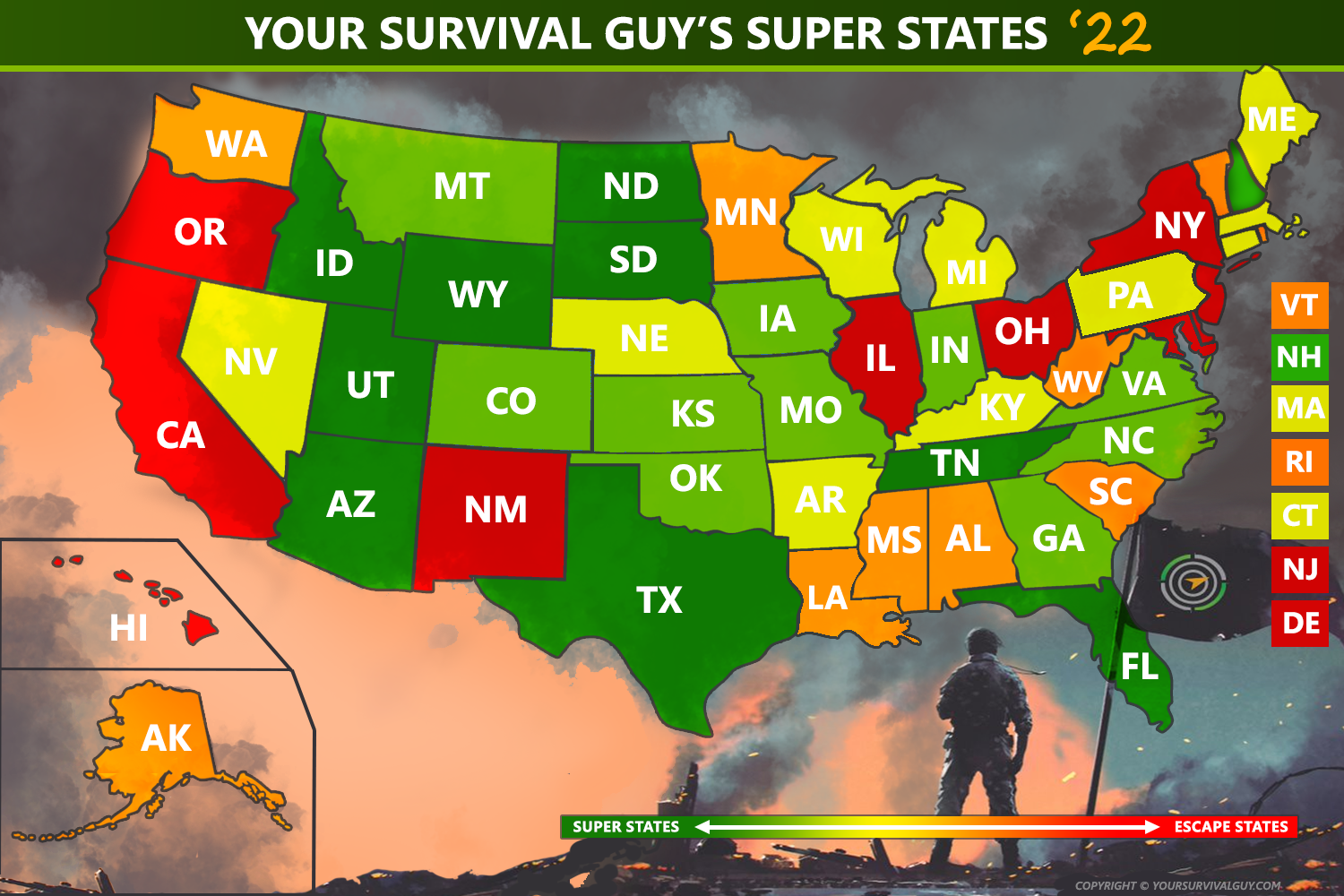
Big cities may get all the press but what we continue to see is a migration away from them and into the burbs.
As Joel Kotkin and Wendell Cox point out here in New Geography:
When Amazon decided to locate its second headquarters in New York, it cited the supposed advantages of the city’s talent base. Now that progressive politicians have chased Amazon out of town, the tech booster chorus has been working overtime to prove that Gotham, and other big, dense, expensive cities, are destined to become “tech towns” anyway, because of their young, motivated labor pools. That argument may sound great to New York Times readers or on local talk shows, but it is increasingly untrue.
In fact, as a new Brookings study shows, millennials are not moving en masse to metros with dense big cities, but away from them. According to demographer Bill Frey, the 2013–2017 American Community Survey shows that New York now suffers the largest net annual outmigration of post-college millennials (ages 25–34) of any metro area—some 38,000 annually—followed by Los Angeles, Chicago, and San Diego. New York’s losses are 75 percent higher than during the previous five-year period.
As the Millennial population begins to form families, they too are feeling the pull of family friendly living explains the WSJ:
Large U.S. cities lost tens of thousands of millennial and younger Gen X residents last year, according to Census figures released Thursday that offer fresh signs of cooling urban growth.
Cities with more than a half million people collectively lost almost 27,000 residents age 25 to 39 in 2018, according to a Wall Street Journal analysis of the figures. It was the fourth consecutive year that big cities saw this population of young adults shrink. New York, Chicago, Houston, San Francisco, Las Vegas, Washington and Portland, Ore., were among those that lost large numbers of residents in this age group.
Part of the reason Millennials are looking for low cost living is many of them have no savings. Read more here.
Learn more about Millennials here:



